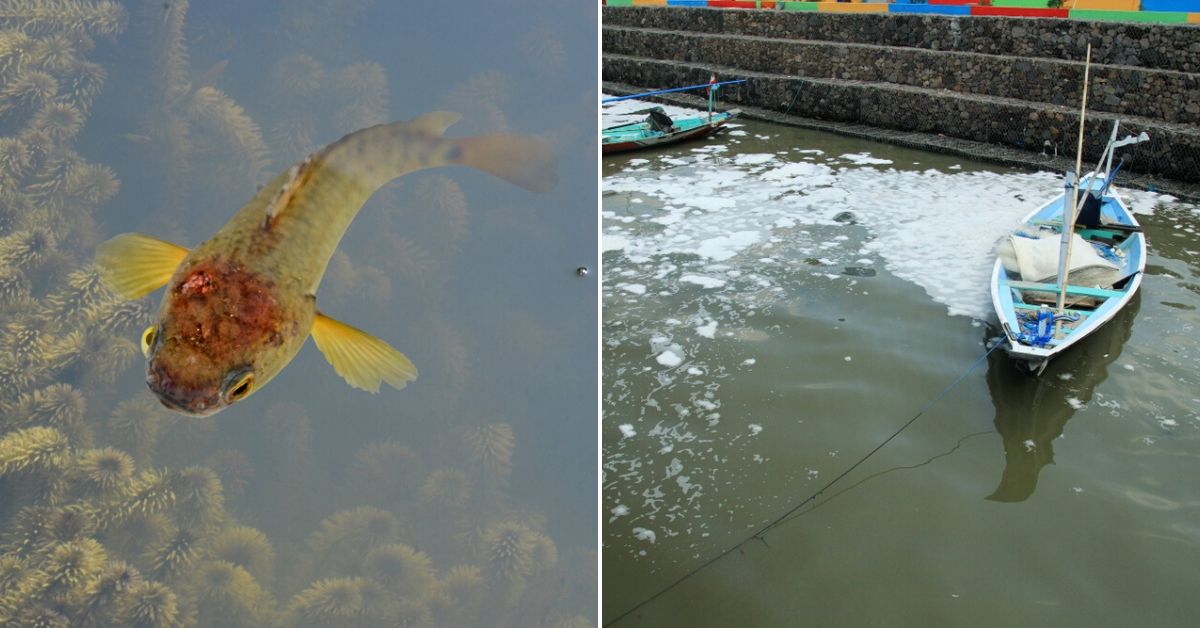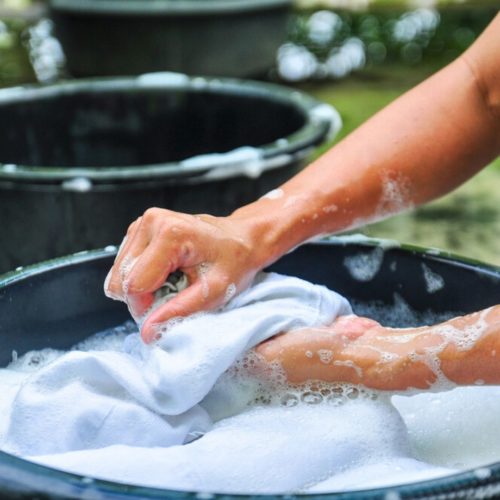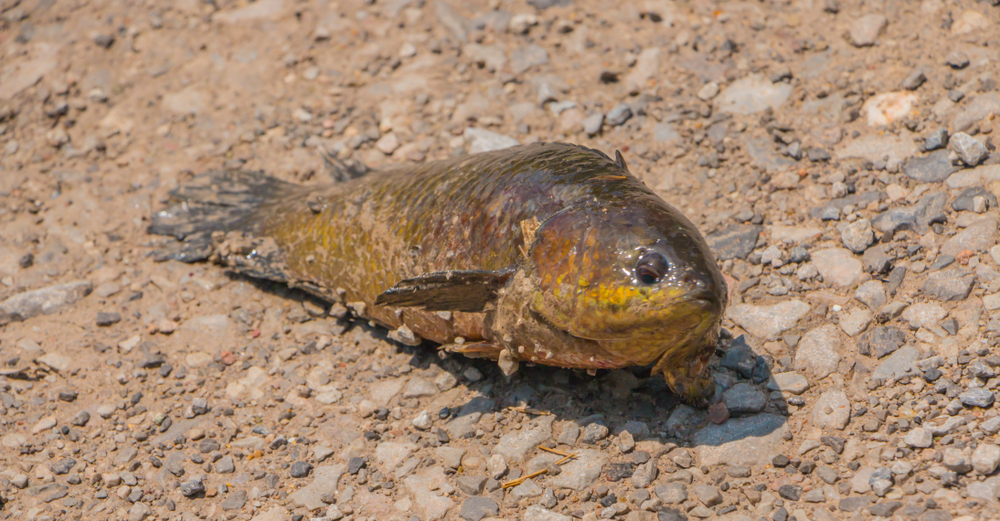Study Reveals Detergents Stress Kerala’s ‘Climbing’ Fish. Why This Should Worry You
India is the second-largest contributor to phosphorus pollution. The tremendous amounts of such pollution will lead to global "dead zones", find studies

Anabas testudineus is a fascinating fish species found in Kerala and other parts of India. Fascinating, because this fish can live without water for up to eight hours and is commonly known as the “climbing gouramis” for its ability to climb aboard fishing boats, exploring new territories!
A fish that can adapt to changing and stressful environments has successfully ventured in dangerous waters and boats? Sounds incredible, right?
But in recent times, it has met an enemy that it just cannot seem to defeat—detergents, that are flushed out into pipelines and ultimately into freshwater or marine water sources.
Indian detergents use 2.88 million tonnes of phosphate annually, and we are the world’s second-largest contributors of phosphorus pollution by human activity.

Phosphates, which lead to the abnormal growth of algae and the ultimate toxication of lakes, rivers and ponds also severely affect the climbing gouramis.
Divya S Rajan, a researcher from Kerala, has studied how detergents can stress out this fish species.
“The Anabas testudineus is known to be immune to stressful environments. If this fish is showing clear signs of stress, one can conclude that more vulnerable species of fish and plants are adversely affected too,” Divya told The Better India (TBI).
Divya has a PhD in zoology, and many of her studies are focused on marine or aquatic species. In 2015, she researched the effect of detergents on climbing gouramis and here’s what it says about our habits.
Kerala’s climber, stunted:

Divya collected samples of the fish and introduced them in waters that contained specific amounts of a popular detergent in Kerala. The concentration levels began at 50 parts per million (PPM) to 200 ppm. Divya observed the amount of dissolved oxygen that the fish had consumed in an hour.
“With [an] increase in the concentration of the detergent, increased breathing and signs of distress were exhibited by the fish. Even though Anabas testudineus is very sturdy in tiding over [the] stressful environment, [the] presence of detergents proved detrimental,” concluded the study.
The researcher stresses the fact that phosphates are not only responsible for stressing the fish species but also lead to eutrophication—an excessive (and often artificial) richness of nutrients that accelerates the growth of plants and algae, unnaturally.
A study by IISc professors came to similar conclusions about the effect of phosphate detergents in Bengaluru lakes.
Whether in the shores of Kerala or lakes of Bengaluru, phosphates seem to have caused havoc. And why wouldn’t they? Anything in excess is always harmful, and our detergents alone are responsible for the dumping of 1.46 lakh tonnes of phosphate in water sources every year.
What is the solution?
The very first step is to take responsibility for our actions. Opt for detergents that don’t react with their environment when released in water bodies, and are sustainable.
Phosphates act as fertilizers and are used in agriculture as well. But when dumped indiscriminately in lakes and rivers, they over fertilise algae and plants, making them bloom unnaturally.
It is surprising to note that world over, the domestic sector is the largest contributor of phosphate pollution (54 per cent) followed, not too closely by agriculture at 38 per cent and industry at 8 per cent. The tremendous amounts of such pollution will lead to global “dead zones”, find studies.
The onus is upon us to change our cleaning habits before our surroundings are changed irreversibly by our actions. Go for a detergent made using plant-enzymes, one that does not have a long list of synthetic chemicals on its ingredients list and one that promises inaction when released in nature.
Such detergents are likely to be biodegradable and can prove quite safe if you water your garden with them. We have one such detergent for you.
Click here to make a responsible, planet-friendly choice today.
You may also like: What Connects Soft Drinks and Your Toilet Cleaner? Here’s How They Both Harm You
(Edited by Gayatri Mishra)
Like this story? Or have something to share? Write to us: [email protected], or connect with us on Facebook and Twitter.
If you found our stories insightful, informative, or even just enjoyable, we invite you to consider making a voluntary payment to support the work we do at The Better India. Your contribution helps us continue producing quality content that educates, inspires, and drives positive change.
Choose one of the payment options below for your contribution-
By paying for the stories you value, you directly contribute to sustaining our efforts focused on making a difference in the world. Together, let’s ensure that impactful stories continue to be told and shared, enriching lives and communities alike.
Thank you for your support. Here are some frequently asked questions you might find helpful to know why you are contributing?


This story made me
-
97
-
121
-
89
-
167












